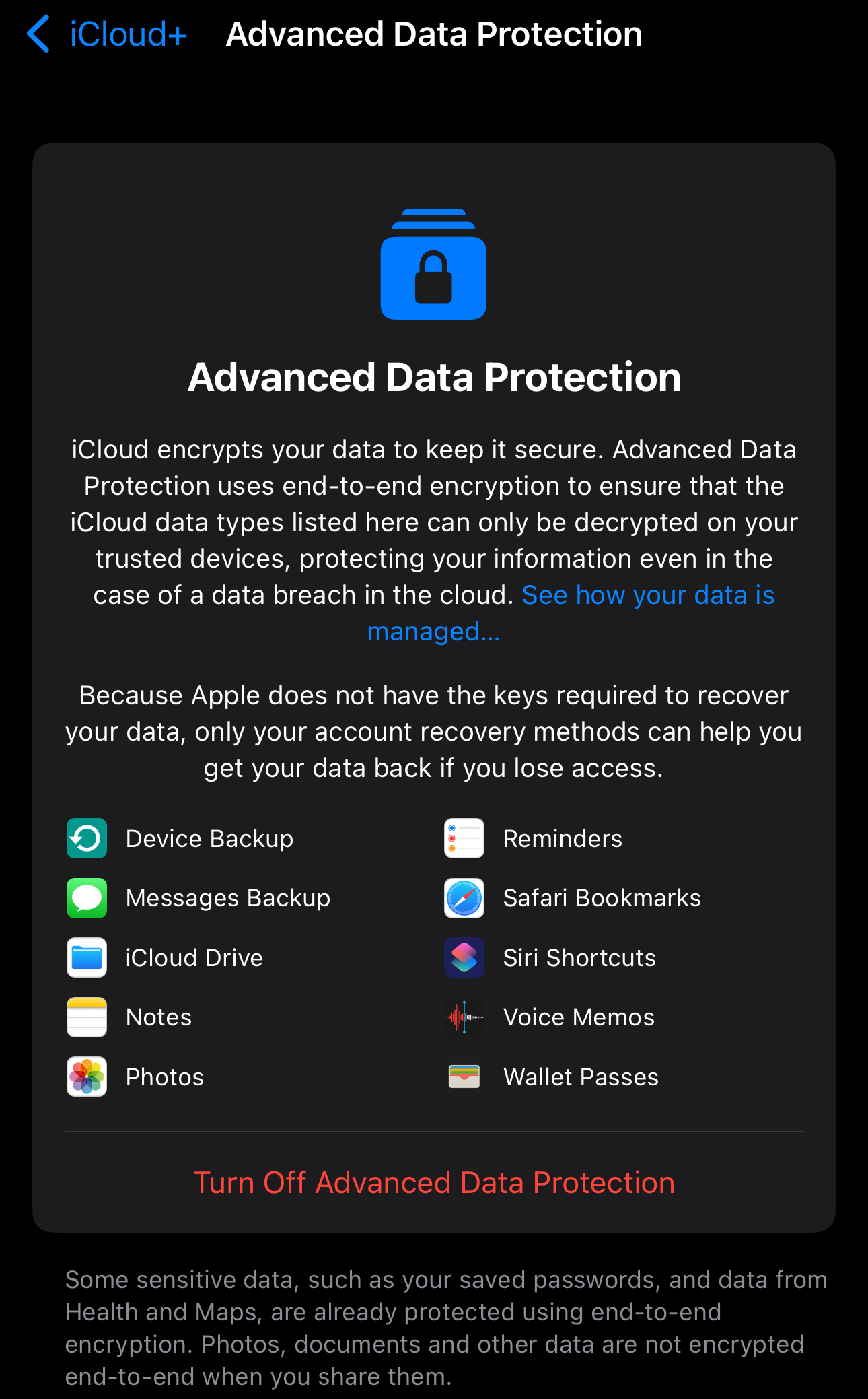

Man, the onion buying infowars was the one good news story this entire month… of course we can’t even have that


Man, the onion buying infowars was the one good news story this entire month… of course we can’t even have that


This article seems to imply they’ll withdraw charges for all parties, but the statement reads like they will only withdraw charges for the people confirmed dead…? Which is it
According to the keynote at least, the integration is literally just Siri offering to defer to ChatGPT for some requests. Basically a more advanced version of “here’s what I found on the web” if it doesn’t know what to do otherwise.
Funnily enough, Apple isn’t even paying OpenAI for that, they’re literally saying it’s for exposure.
Well yes, I was simplifying because I wanted to address the main (incorrect) criticism by @spartanatreyu@programming.dev. I agree with your comment
Yeah, in Java calling first() on a stream is the same as an early return in a for-loop, where for each element all of the previous stream operations are applied first.
So the stream operation
cars.stream()
.filter(c -> c.year() < 1977)
.first()
is equivalent to doing the following imperatively
for (var car : cars) {
if (car.year() < 1977) return car;
}
Not to mention Kotlin actually supports non-local returns in lambdas under specific circumstances, which allows for even more circumstances to be expressed with functional chaining.
…what? At least with Java Streams or Kotlin Sequences, they absolutely abort early with something like .filter().first().
This is a decent explanation of gradient descent but I’m pretty sure the meme is referencing the color gradients often used to highlight when something is AI generated haha
is that the one that says “fuck the color blind” because if so hey!! that’s not nice
IntelliJ finds most uses in my experience unless you’re doing something weird with reflection or similar. And if it’s a public facing API only used by the library’s consumers…– it should be used in tests at the very least! Especially if it’s prone to regressions like the comment suggests
I mean, in 2012 they didn’t even have 2FA yet. Also IIRC they haven’t started really leaning into the privacy angle until maybe around 2019-20 publicly, and from there it probably wasn’t the highest priority item for the security team. Not excusing how long it took, but they are a business after all and with how scary the warnings around ADP are I doubt it’s a very marketable feature with a lot of reach.
This article is very outdated and nowadays you can actually encrypt your entire iCloud and be the only key holder. You will get multiple strong warnings in the UI about the possibility of losing access to your account.

If you enable “Advanced Data Protection” (E2EE for your entire iCloud) Apple tells you they will not have the keys and you’re on your own if you lose access to all devices that hold them (or forget their passwords, respectively). This feature was introduced last year.
That’s not quite right. In bytecode, lambdas are significantly more efficient than anonymous class instances. So while the lambda implementation is semantically equivalent, characterizing it like you have is reductive and a bit misleading.